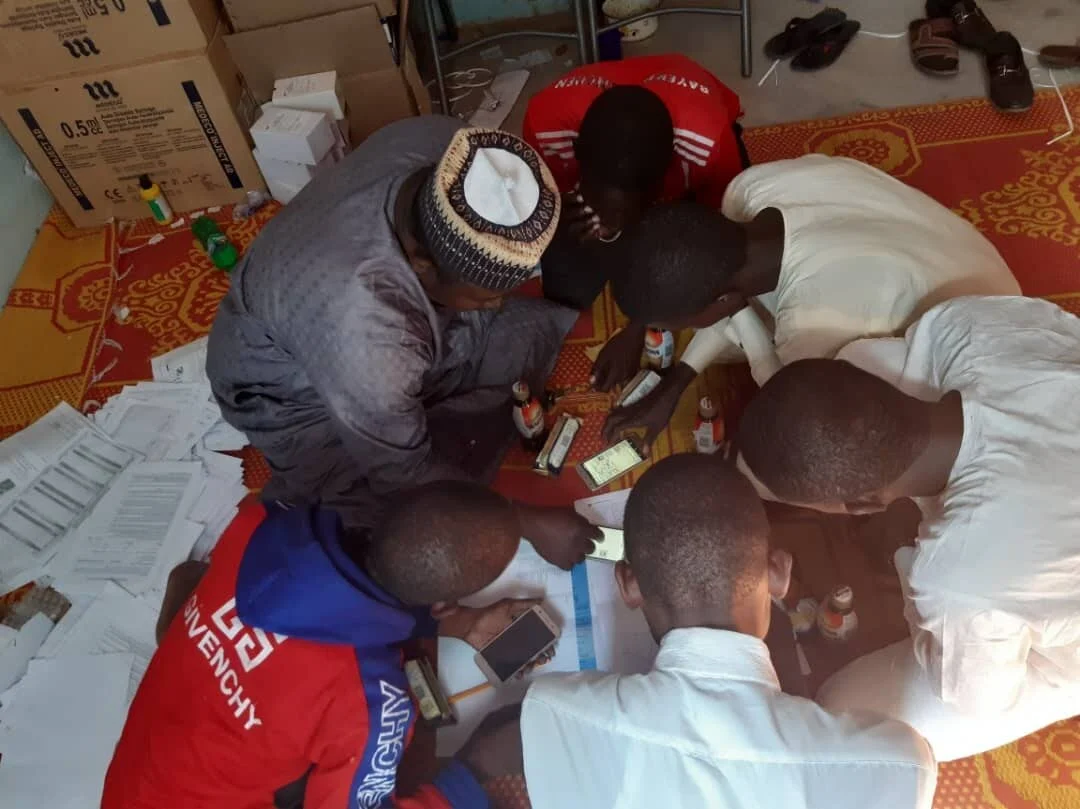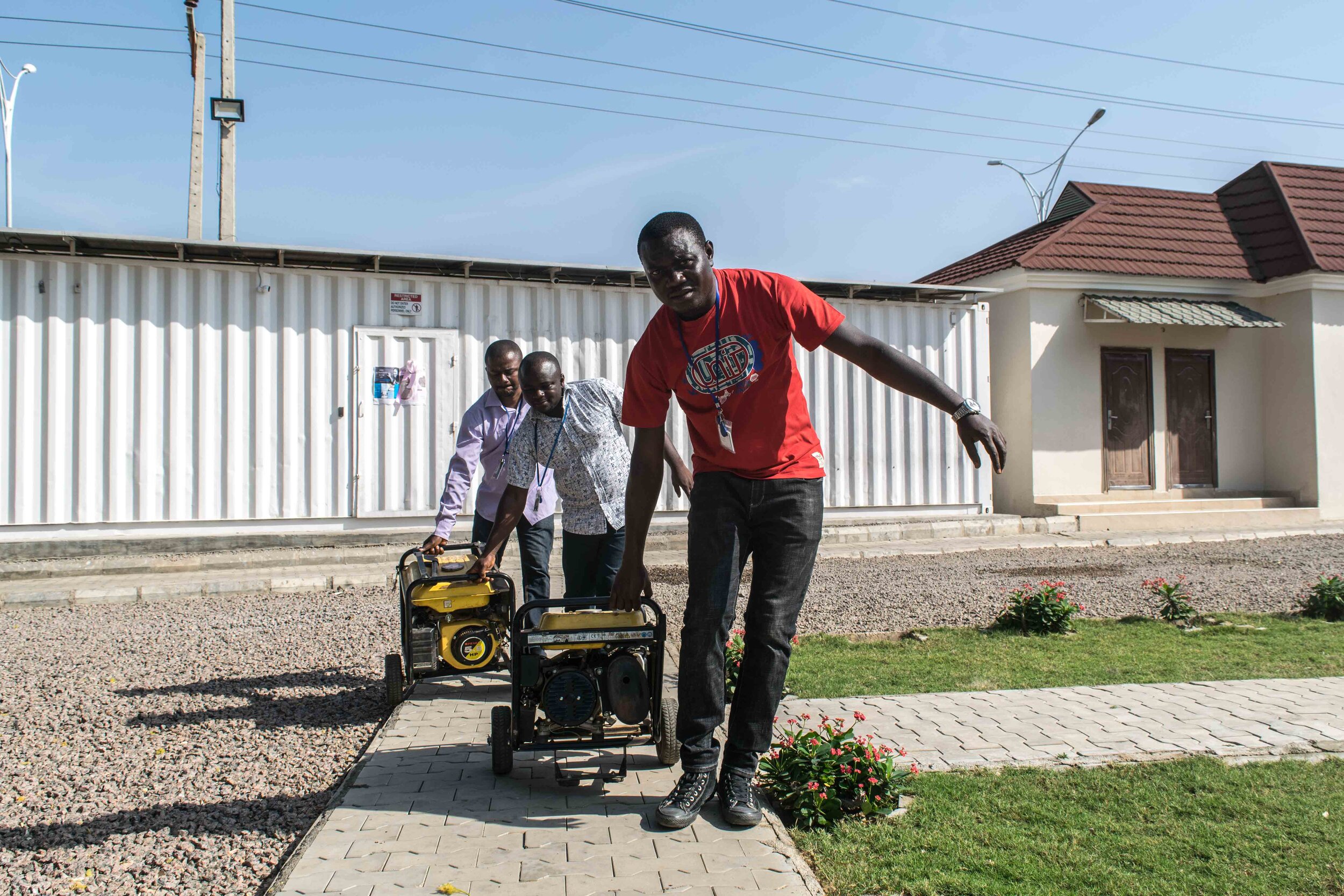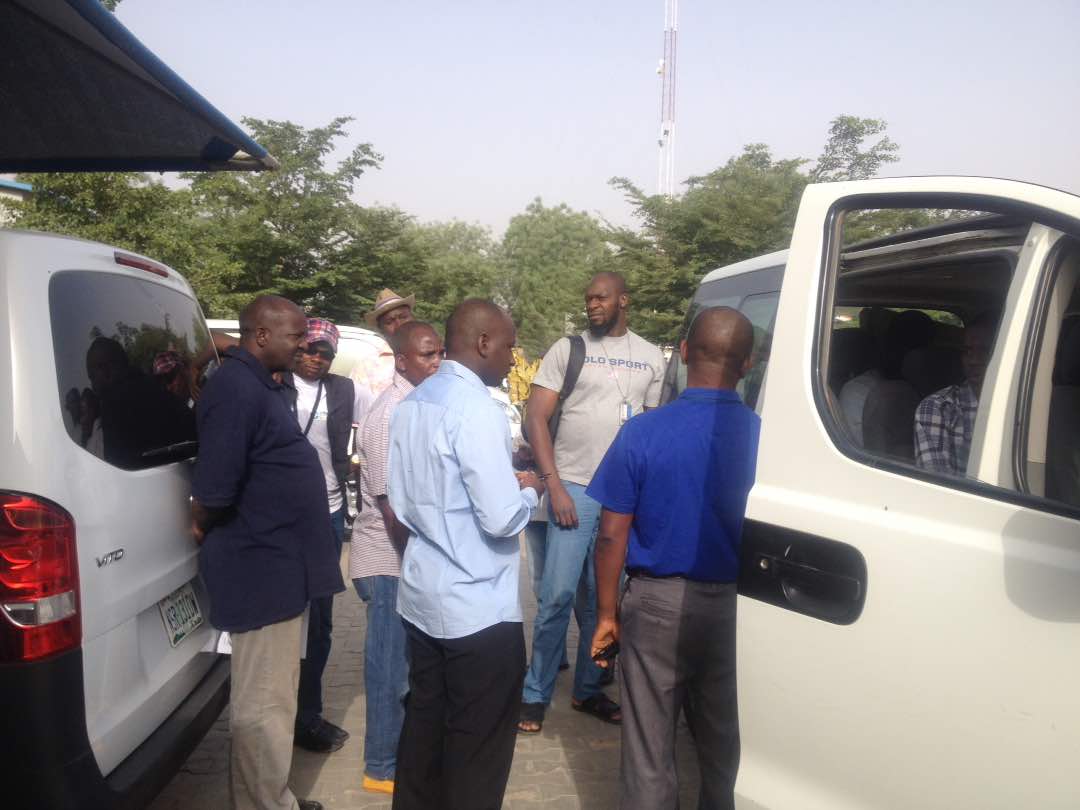Preventing and eradicating polio from Nigeria is dependent on the nation’s ability to achieve a national vaccination coverage of 90% or greater as mandated by the World Health Assembly’s Global Vaccine Action Plan. Children in Nigeria receive their polio vaccinations through one or both of these channels—Routine Immunization (RI) sessions at the health facilities and targeted Supplementary Immunization Activities (SIAs) during which vaccinators visit communities where there has been a reported outbreak or communities with low RI coverage. In spite of Nigeria’s robust Polio Eradication Plan and Strategy, the country has been unable to meet the 90% target. The reason for this is simple: eligible children in certain locations do not receive vaccines.
Entire settlements or populations may be missed or partially covered during vaccination campaigns for a variety of reasons including difficult or inaccessible terrain and security challenges. A settlement becomes chronically missed when it has been missed or partially covered during several consecutive campaigns. Some wards in Hadejia Local Government Area of Jigawa State are some of the hardest to reach. It is characterized by several scattered settlements and difficult terrain and this made it difficult for vaccinators to visit settlements in the ward during vaccination campaigns.
Nura Muhammad is the Local Government Area Facilitator (LGAF) for WHO in Hadejia LGA of Jigawa State. He serves as the liaison between WHO and the LGA team responsible for coordination, supervision and data management for all the immunization activities of the entire LGA. Hadejia LGA has been recording outstanding coverage results over a notable number of campaigns except for a few border settlements. He took it upon himself to move around all the wards and supervise the teams to ensure they cover the vaccination coverage gaps during the April outbreak response, especially to practicalize his newly acquired knowledge of the tracker.
“We have been trained on the importance of the tracker especially this round, we have monitored the coverages in all our wards and the work has been very successful. That is all I can say for now.”
The Vaccinator Tracking System (VTS) was introduced in 2012 to support the polio eradication efforts of the Nigerian government and partner agencies towards the elimination of Poliovirus transmission and achieving Polio free certification. VTS uses an Android-based application to capture the passive movement of vaccination teams during each IPD campaign. The passive tracks collected from the devices are uploaded onto the dashboard for analytics and visualization. As part of the Polio legacy transition planning, the National Emergency Operation Center (NEOC) requested eHealth Africa (eHA) to begin training health workers to utilize the VTS application. eHA trained 21 participants including Nura to identify missed and partially covered areas and to generate daily implementation reports from the VTS dashboard. This was aimed at improving the delivery of health services in the State by providing health workers with access to datasets and Geographic Information System maps for better micro-planning processes.
Nura found the training so useful that he cascaded it to the rest of the LGA Immunization Coordination team. In addition, he can access the dashboard from any part of the world and this helps him to monitor the progress of immunization campaigns on a real-time basis even when he is away.
“The training organized by eHealth Africa helped me to better understand analytics, navigation and map reading during settlement visitation. I also learned how to create more accurate maps. The most helpful thing I learned was how to generate the daily Missed Settlement List from the VTS dashboard.”
By combining the insights from the Missed Settlement List with his knowledge of map reading, he and his team are able to locate the partially covered settlements and include them into micro plans for ongoing campaigns or subsequent plans which have yielded insight into the puzzle of the missing settlements. This has resulted in an increase in the coverage rates for the border wards and the entire Hadejia LGA.
“Now, we are able to cover more settlements than ever before in Girbobo ward and our geocoverage rates are on the increase.”
eHealth Africa, in collaboration with Polio Eradication Initiative partners and the Federal Government of Nigeria, is set to deploy its VTS solutions on a pilot scale to other states to strengthen the adoption of electronic and mobile health innovations in disease surveillance and public health emergency management. On April 25th, 2019, health workers who completed all the modules of the VTS transition training, including Nura Muhammad were awarded certificates of completion after the pilot period by the Jigawa State Immunization Officer, Hassan Kwalam.











